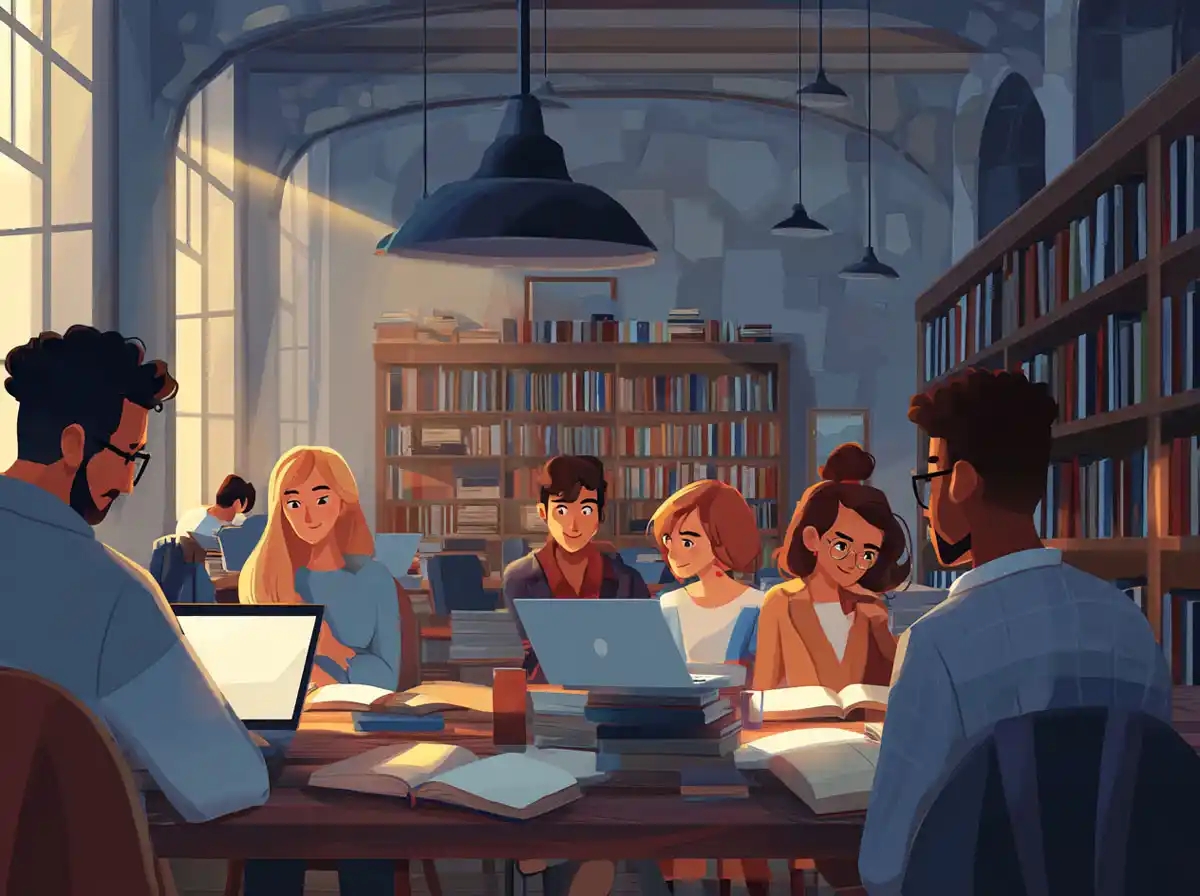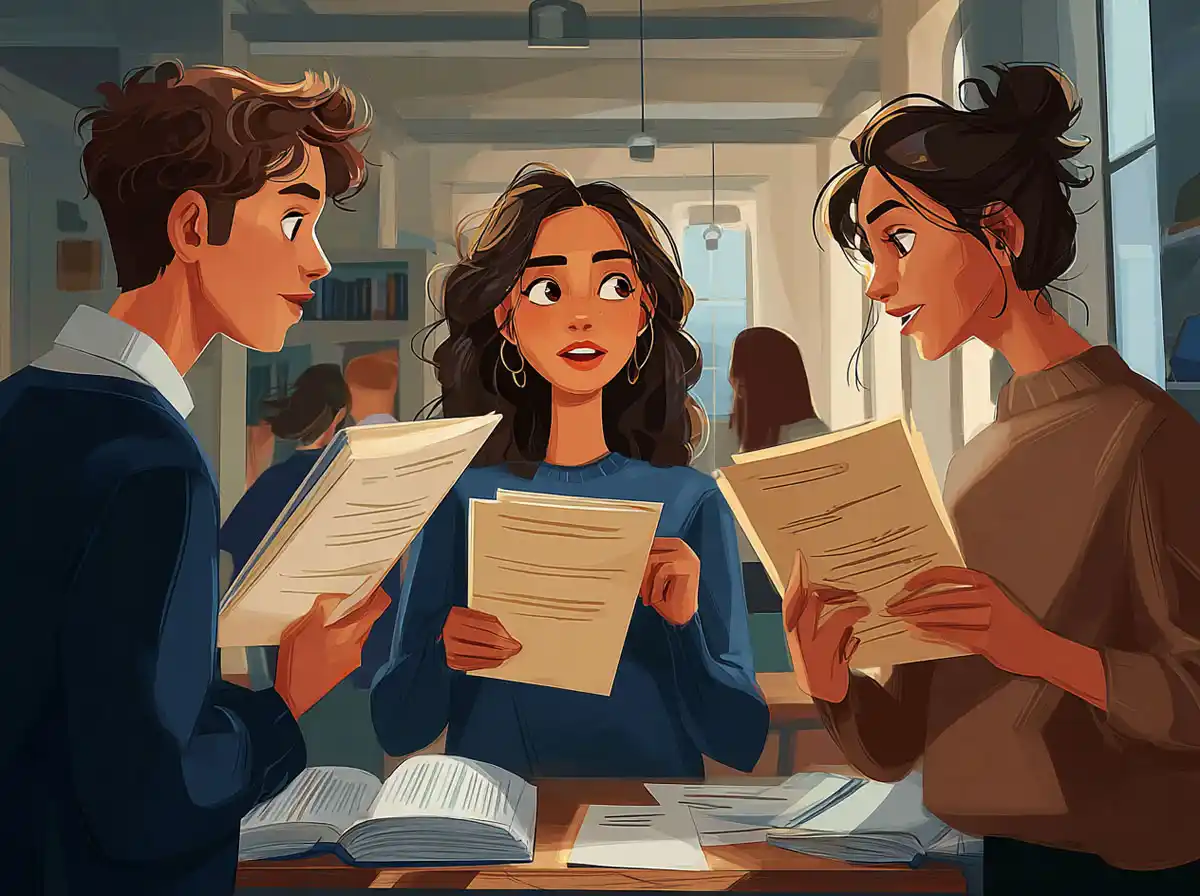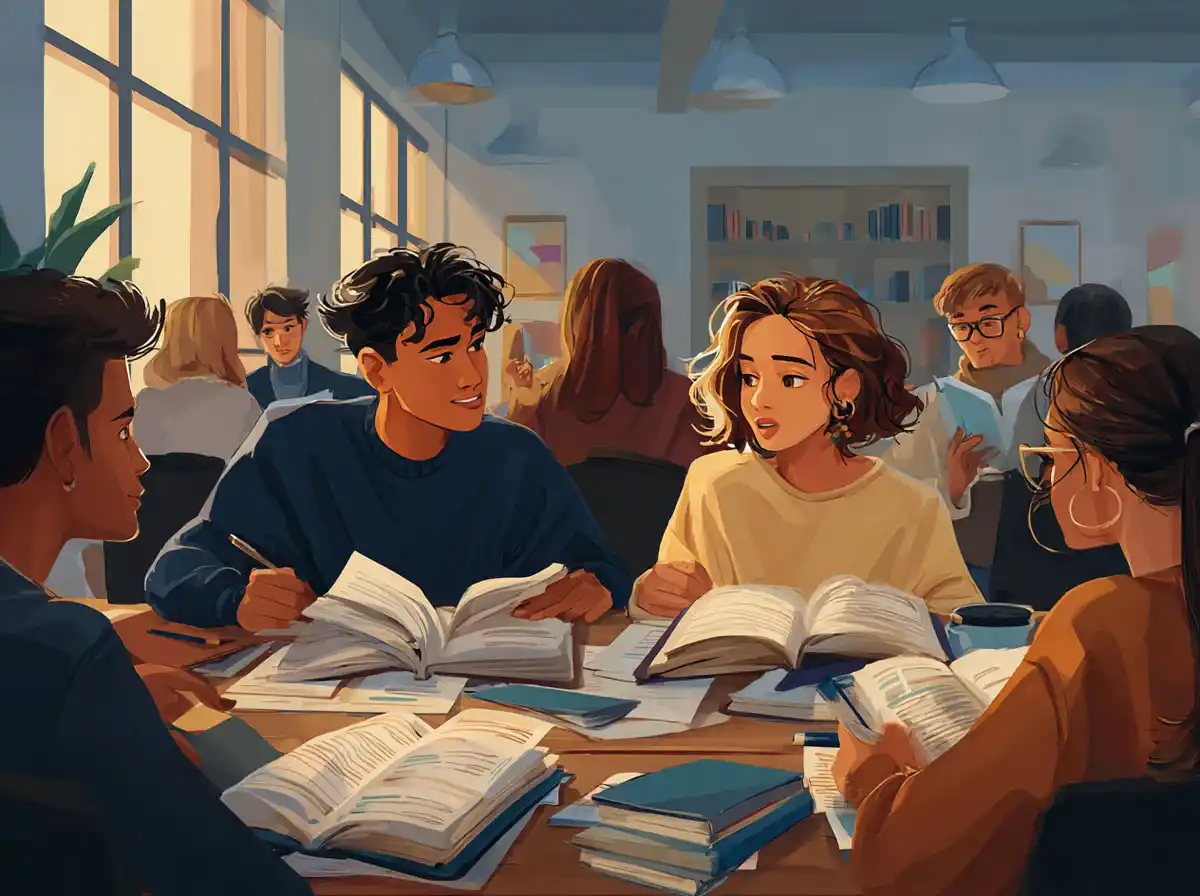Polish vocabulary is the gateway to understanding the language’s unique structure as well as the rich cultural heritage of Poland. As a West Slavic language, Polish features a complex yet expressive lexicon shaped by centuries of history, literature, and social change. The language combines native Slavic roots with borrowings from Latin, German, French, and English, resulting in a vocabulary that is both traditional and dynamic.
Learning Polish vocabulary is not just about memorizing words; it’s about connecting with the people, humor, customs, and values they reflect. From affectionate family terms and vibrant idioms to words describing the seasons, foods, emotions, and daily experiences, Polish vocabulary offers insight into how Poles see the world. Modern slang and contemporary expressions reveal the ongoing evolution of the language within Poland’s energetic society.
This page features a wide range of blogs dedicated to Polish vocabulary, providing themed word lists, linguistic explanations, and cultural notes to help learners at all proficiency levels. Each blog investigates not just what words mean, but how and when they are used—whether in casual conversation, literature, or formal settings. Here, users can find detailed information to expand their word bank, build confidence, and appreciate the cultural depth of the Polish language as they progress on their learning journey.
The most efficient way to learn a language
Try Talkpal for free









Talkpal is an AI-powered language tutor. It’s the most efficient way to learn a language. Chat about an unlimited amount of interesting topics either by writing or speaking while receiving messages with realistic voice.


Talkpal, Inc., 2810 N Church St, Wilmington, Delaware 19802, US
© 2026 All Rights Reserved.